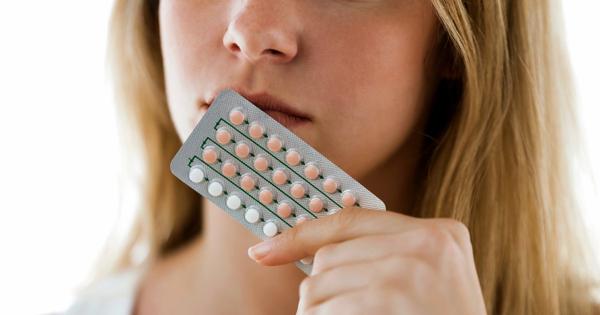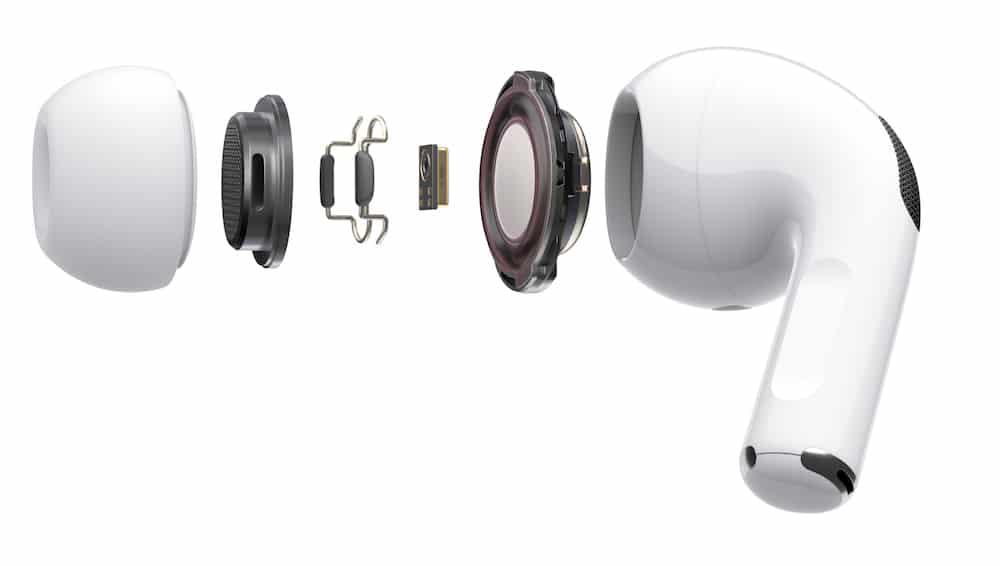Weight gain, missed periods… Five misconceptions about sport and contraception
A very large majority of women use contraception in their lifetime. Top athletes too. Just like menstruation or other topics surrounding the female body, the subject of contraception is rarely discussed in sport, whether on the field or in the media. Thus, many prejudices and misunderstandings persist to the detriment, sometimes, of the health of athletes.
We deconstructed five of them.
1. Contraception increases sports performance
Medicine is clear on this point: there is no benefit of contraception on the performance of sportswomen. This is why no contraceptive pill, for example, is on the list of prohibited drugs by the World Anti-Doping Agency. "We do not dope with the pill", insists Carole Maître, gynecologist at Insep (the National Institute of Sport, Expertise and Performance).
If it does not increase sports performance, contraception can nevertheless "have secondary benefits", as the gynecologist points out: "treat premenstrual weight gain, pre-menstrual syndrome, with heavy legs , with bloating, swelling or pain in the chest, stomach pain. The athlete will then be more available for his activity. »
Thierry Adam, gynecologist-obsteretician, sports doctor and author of Sports Gynecology – Risks and Benefits of Physical Activity for Women, confirms that “the specifications of contraception for an athlete is that it does not 'not affect his level of performance'. The doctor must be able to offer contraception adapted to the athlete in this sense and with, of course, his agreement. “We do not impose a method of contraception, neither on a sedentary patient, nor on a high-level athlete. This requires, on the part of the doctor, to inform him well and, on the part of the patient, a certain confidence, a certain open-mindedness and a certain listening. »
READ ALSO. TESTIMONY. "What could be brakes, these are my strengths", confides Mélina Robert-Michon
2. Contraception makes you gain weight
This is perhaps the most widespread misconception about contraception: the latter, and more particularly the pill, would make you gain weight. However, as gynecologist Carole Maître reminds us, "currently, the pills can make it possible not to take 500 g". If a woman chooses to take the pill, a wide range of products are available, such as "low dose synthetic estrogen pills, microprogestin pills, etc." The choice is such that you have to find what suits you best, ”says the doctor.
For his part, Thierry Adam also notes the persistence of this belief about the pill that will make you fat. “The majority of patients are still thinking in terms of the pills of fifty years ago. When they arrived on the market, they were much more dosed. And that could be a problem with weight gain, ”he notes.

However, the gynecologist refuses to brush aside the concerns of the patients. "We can say that there is no logic in hormones and I think that we should not say that 100%, there is no weight gain", nuances the doctor who has notably exercised within the French women's cycling team. “Gaining 1 kg will not be significant in a classic patient, but for a top athlete it is. A cyclist who takes 1 kg, on the ascent of Mont Ventoux, she is 40 seconds late at the top, ”explains the gynecologist.
By “playing on the dosage and the molecule”, Thierry Adam tries to find the pill that will best suit his patient and prevent her from possibly gaining weight.
Tailored care is all the more necessary since the fear of gaining weight can lead to people stopping taking the pill, with dramatic consequences for women, such as unwanted pregnancies. “We have to be very vigilant. You really have to tell the patients that if there is anything after taking the pill, she can consult again and that together we will find another oral contraceptive that suits her because there is a choice”, insists Carole Master.
READ ALSO. TESTIMONIALS. “I lost 10 kg in one week”: combat athletes struggle with the scale
3. Postponing or suppressing your periods with contraception is not good for your health
Thierry Adam notes that a preconceived idea still circulates a lot on this subject: “Some patients sometimes have the impression that it is not is not too good for their health not to have a period or to delay the period by saying "It's not natural". »
However, getting no more periods thanks to contraception is quite possible and without danger. "With the pill, you can't stop. With some pills, there is only a two day break. Or seven days off. If you don't take this break, you may not have your period, ”explains Carole Maître. However, as the gynecologist points out, “this is not necessarily what sportswomen are looking for. Perhaps sometimes very occasionally at the time of a particular competition, or in certain sports which are practiced in the water or in a leotard.
READ ALSO. TESTIMONY. "You grit your teeth and you go": Djihene, sportswoman, fights against endometriosis
4. The pill is dangerous for the health of sportswomen
There are many means of contraception: pill, IUD, implant, patch, condom, male and female sterilization, periodic abstinence, withdrawal, etc. While more and more French women prefer an intrauterine device (IUD), another name for the IUD, the pill remains the majority method.
Carole Maître recalls that, since 2013, doctors no longer prescribe the pill in the same way. “The recommendations have evolved concerning estrogen-progestogen pills, which combine the two hormones: synthetic estrogen and synthetic progesterone. Currently, it is recommended to prescribe an estrogen-progestogen as a second-line because of the thromboembolic risk that we know and because of the arterial risk that exists with all the pills, ”recalls the gynecologist.
These risks of thrombosis have been the subject of a vast media debate generated by a case that dates back ten years. In December 2012, a young girl filed a complaint against a large pharmaceutical company. She blames the third-generation pill he makes for causing the stroke that left her severely disabled.
As a reminder, according to the ANSM (National Agency for the Safety of Medicines and Health Products), the risk of venous thrombosis, i.e. phlebitis or pulmonary embolism, is 0.5 1 case per 10,000 non-users of pills; 2 cases per 10,000 women using 2th generation combination pills; and 3 to 4 cases per 10,000 female 3th generation combination pill users.
5. The IUD is not a good option for athletes
Even if she has never had children and even if she is young, a woman can use an IUD. Sports too. There are two types: copper IUD or progestin IUD. “And in both cases, it is important that the athlete knows that ovulation is preserved,” warns Carole Maître.
The choice between these two types of IUD is obviously up to the athlete and also depends on whether or not there is heavy bleeding during her period: "If she is already almost in oligomenorrhea (decreased volume and duration of her period) , with very weak periods, she will have the choice between the copper IUD, which could slightly increase the abundance of her periods, but this is not systematic, and the progestogen IUD which, in the event of very light periods , can lead to a missed period since it decreases the thickness of the uterine lining. »
For his part, Thierry Adam does not particularly recommend the copper IUD for high-level athletes. “Especially in endurance sports, where there are huge iron deficiencies,” he says. The copper IUD has, in fact, “rather a tendency to further deepen the iron deficiency. And who says iron deficiency, even without anemia, is not very good for performance, ”says the gynecologist. But the practitioner insists: the choice is up to the patient: “A gynecologist is not there to impose a method that he thinks is the best. We are here to offer what we think is the best based on our experience. In the end, it is the athlete who will choose her contraception. »
Share this article Weight gain, lack of periods… Five misconceptions about sport and contraceptionOuest-France.fr


![PAU - [ Altern@tives-P@loises ] PAU - [ Altern@tives-P@loises ]](http://website-google-hk.oss-cn-hongkong.aliyuncs.com/drawing/179/2022-3-2/21584.jpeg)

![Good deal: 15% bonus credit on App Store cards of €25 and more [completed] 🆕 | iGeneration Good deal: 15% bonus credit on App Store cards of €25 and more [completed] 🆕 | iGeneration](http://website-google-hk.oss-cn-hongkong.aliyuncs.com/drawing/179/2022-3-2/21870.jpeg)





Related Articles